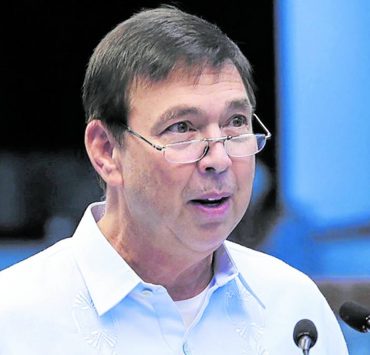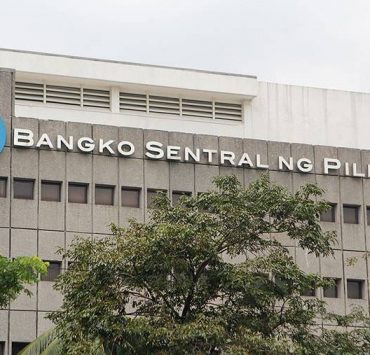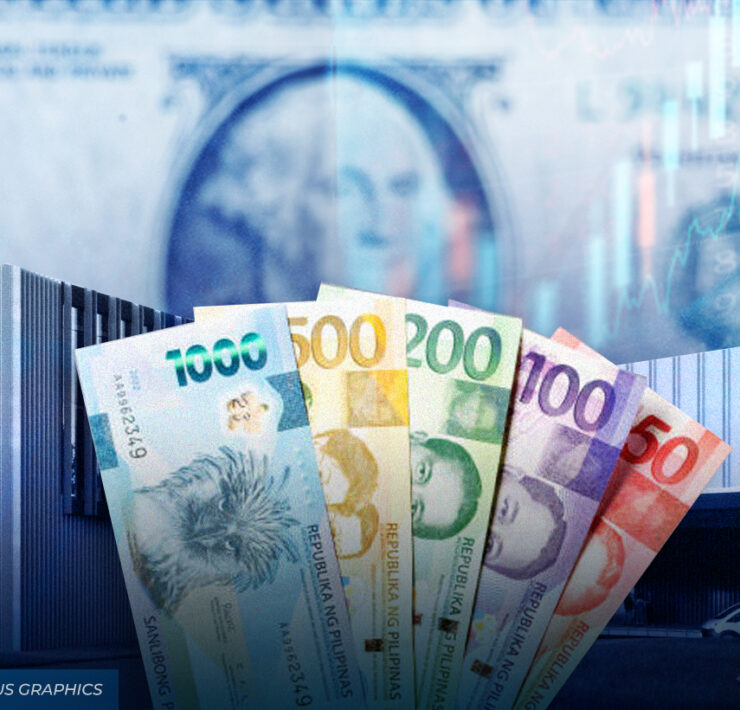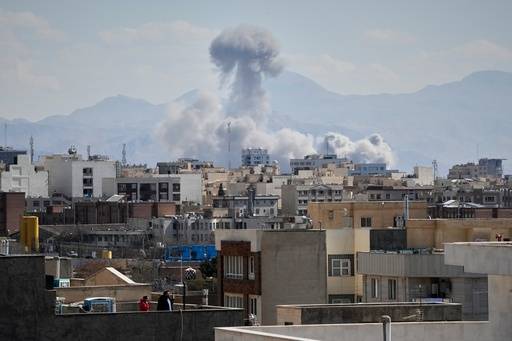Fitch Group unit trims PH 2024 growth outlook
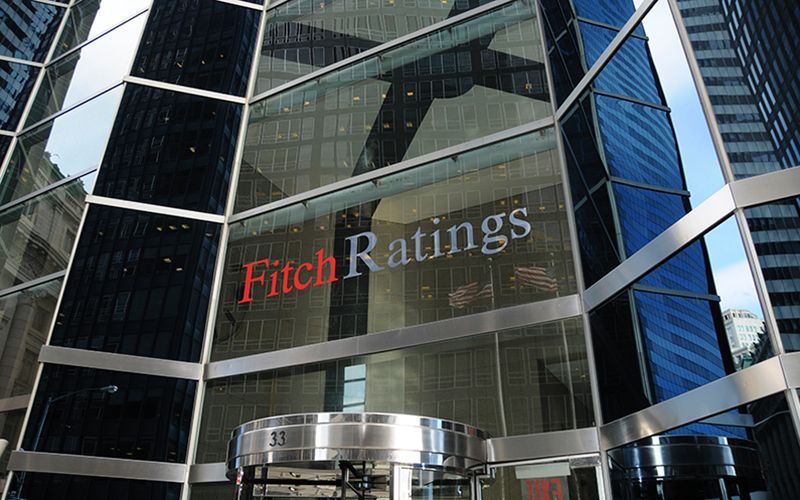
The Philippine economy might grow slower than previously expected in 2024, after favorable base effects masked a weakness in the second quarter expansion and painted a “misleading picture” of the economy’s health, BMI Research said.
In a commentary sent to reporters on Monday, the unit of the Fitch Group trimmed its gross domestic product (GDP) growth forecast on the Philippines for this year to 6 percent, from 6.2 percent previously.
To hit the old projection of BMI, the domestic economy would have to grow by around 6.4 percent in the second half which, the Fitch unit said, would be “unlikely.”
But the downwardly revised forecast still matched the lower-end of the 6 to 7 percent growth target range of the Marcos administration.
Overestimated
What triggered the downward revision was the 6.3-percent year-on-year expansion in the second quarter that, BMI explained, was “flattered” by base effects. This means growth in the three months through June had been magnified after being compared to the year-ago level, when GDP expanded by just 4.3 percent.
Data showed the economy grew by just 0.5 percent on a quarter-on-quarter basis in the April-June period.
“The latest growth outturn clearly showed that we have overestimated the health of the Philippine economy,” BMI said.
Further lift
“Much of this weakness stemmed from a poor performance in the external sector, as we had expected,” it added. Figures showed exports only contributed 1.2 percentage points (pp) to the latest headline GDP growth, halving the strong 2.4 pp share recorded in the previous quarter.
“Against the backdrop of a slowing global economy in H2, external demand will prove even less supportive over the coming quarters.”
The second quarter GDP growth would be one of the key data points that the Bangko Sentral ng Pilipinas (BSP) would consider at its Aug. 15 monetary policy meeting.
Some economists expected the BSP might kick off its easing cycle this week after growth of consumer spending—which historically accounts for over 70 percent of GDP—eased to 4.6 percent, the weakest seen postpandemic.
However, there were market watchers believing that the above-target inflation rate of 4.4 percent in July could delay the rate cuts, although they did not rule out the possibility of an off-cycle rate reduction as floated by Governor Eli Remolona Jr. himself.
“The silver lining is that domestic demand has held up pretty well,” BMI said. “We expect imminent rate cuts by the BSP to provide a further lift to domestic activity.”













